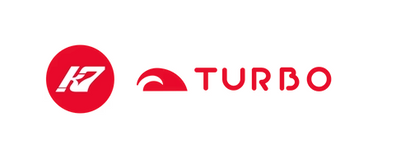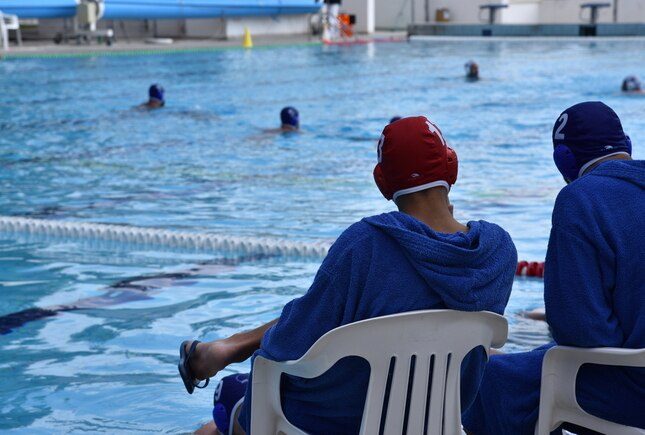Your Cart is Empty
Sand Canyon Team Store - TURBO Sand Canyon Mens Water Polo Suit
I originally ordered a size 30 suit for my daughter but it was taking a while to ship. Noelle was very helpful in getting me information and suggested I try a size 32 which would ship faster. We received the suit within a few days and it fits great.
Arrived on time. Quality is excellent, strong, great color, durable, comfortable.



